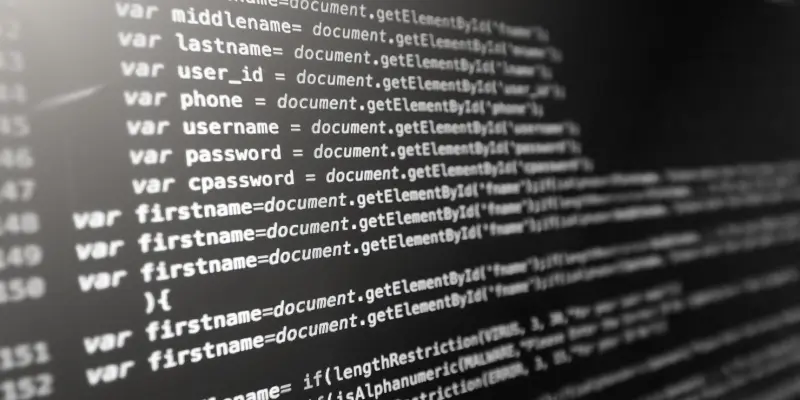Erlang/OTP’s widely-used SSH implementation contains a critical remote code execution vulnerability, identified as CVE-2025-32433, posing an elevated risk to numerous systems. This flaw holds a maximum CVSS score of 10.0, indicating its severe potential for damage. Disclosed publicly in April 2025, the vulnerability allows unauthorized attackers to execute arbitrary code without any form of authentication. The flaw’s root lies in the SSH protocol’s message handling mechanism, permitting unauthorized protocol message transmissions preceding authentication.
Exploitability and Impact on Critical Infrastructure
Erlang/OTP is extensively utilized in critical infrastructure, including telecom equipment and IoT environments, making it particularly susceptible to attacks. Research conducted by Horizon3’s Attack Team replicated the vulnerability, demonstrating its surprisingly simple exploitation process through proof-of-concept exploit development. This revelation has escalated concerns within the cybersecurity community about the vulnerability’s potential for rapid and widespread exploitation. The seriousness of this flaw combined with the ease of exploitation has elicited urgent action from security experts. Immediate mitigation steps include upgrading to the latest patched versions: OTP-27.3.3 for systems running OTP-27.x, OTP-26.2.5.11 for OTP-26.x, and OTP-25.3.2.20 for OTP-25.x. Security professionals recommend additional precautions for systems that cannot be updated promptly. These measures include restricting SSH port access through firewall rules, disabling the Erlang/OTP SSH server if deemed non-essential, and restricting SSH access to trusted IP addresses exclusively.
Urgent Remediation and Industry Response
To elaborate further, this vulnerability emerges from a problem in the way the SSH protocol processes messages, allowing attackers to bypass authentication completely. This security breach grants attackers almost unrestricted access, enabling them to run arbitrary code, which could lead to significant disruptions and data breaches. Considering its perfect CVSS score, it highlights the utmost urgency for both developers and system administrators to address this flaw immediately. Prompt action is necessary to mitigate the risk of exploitation and secure affected systems.

